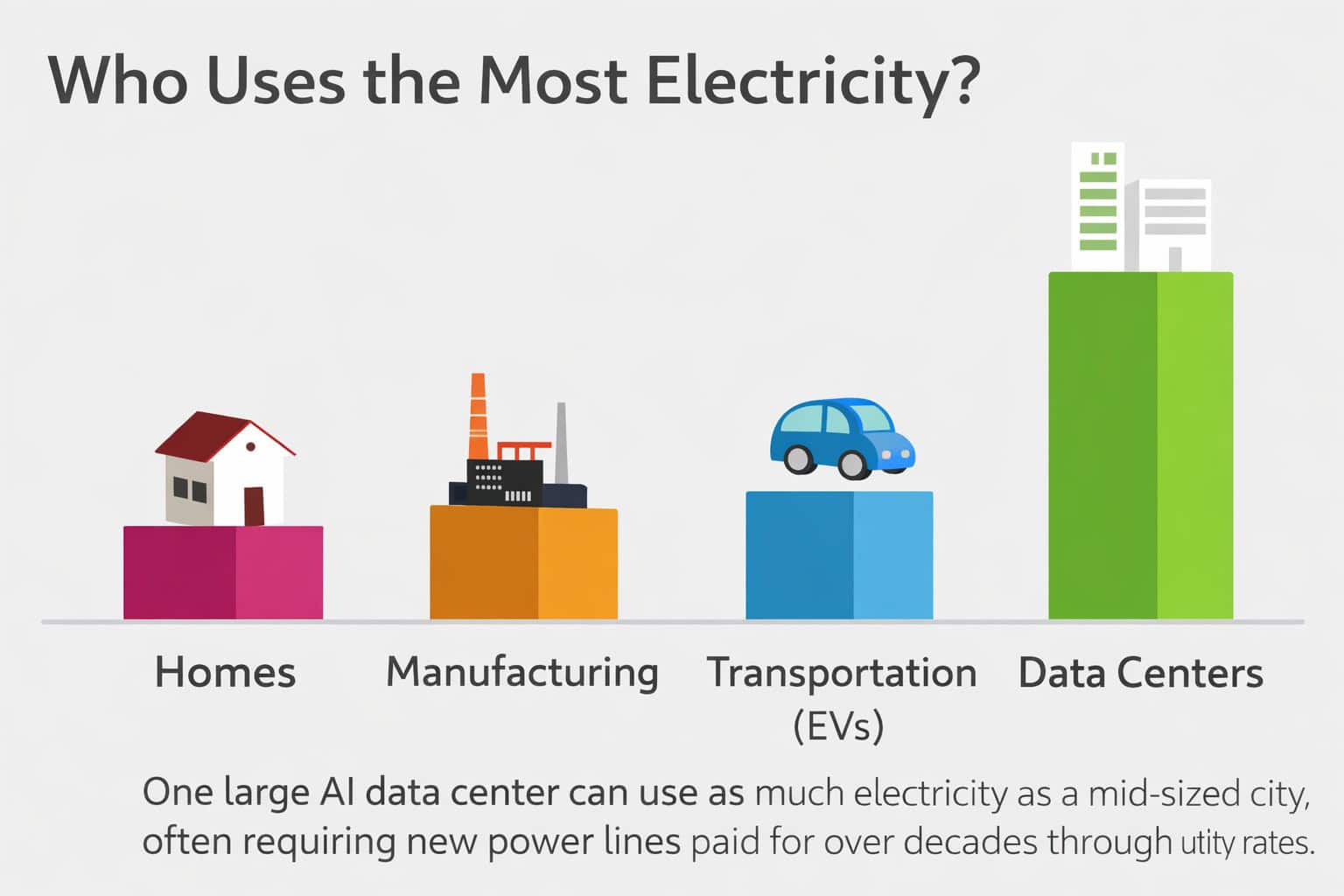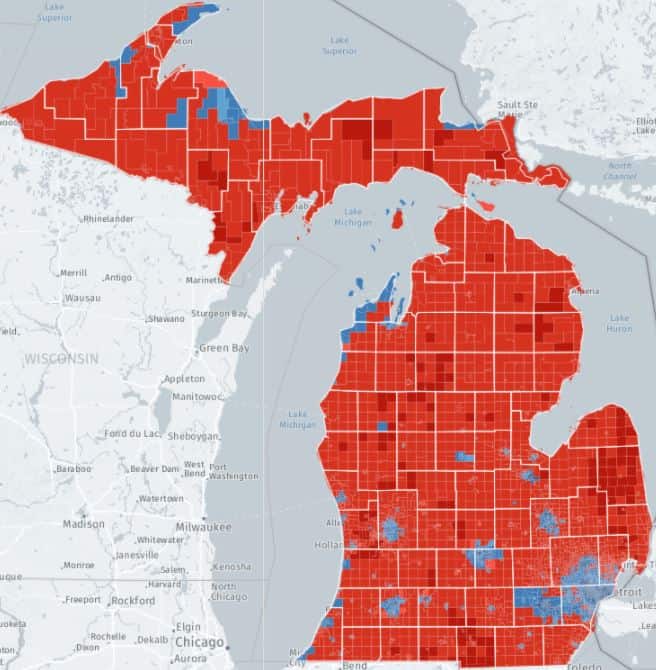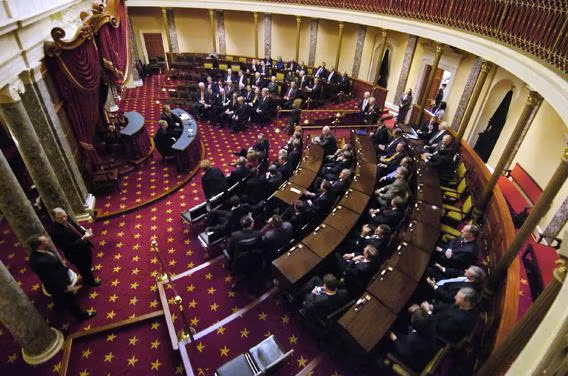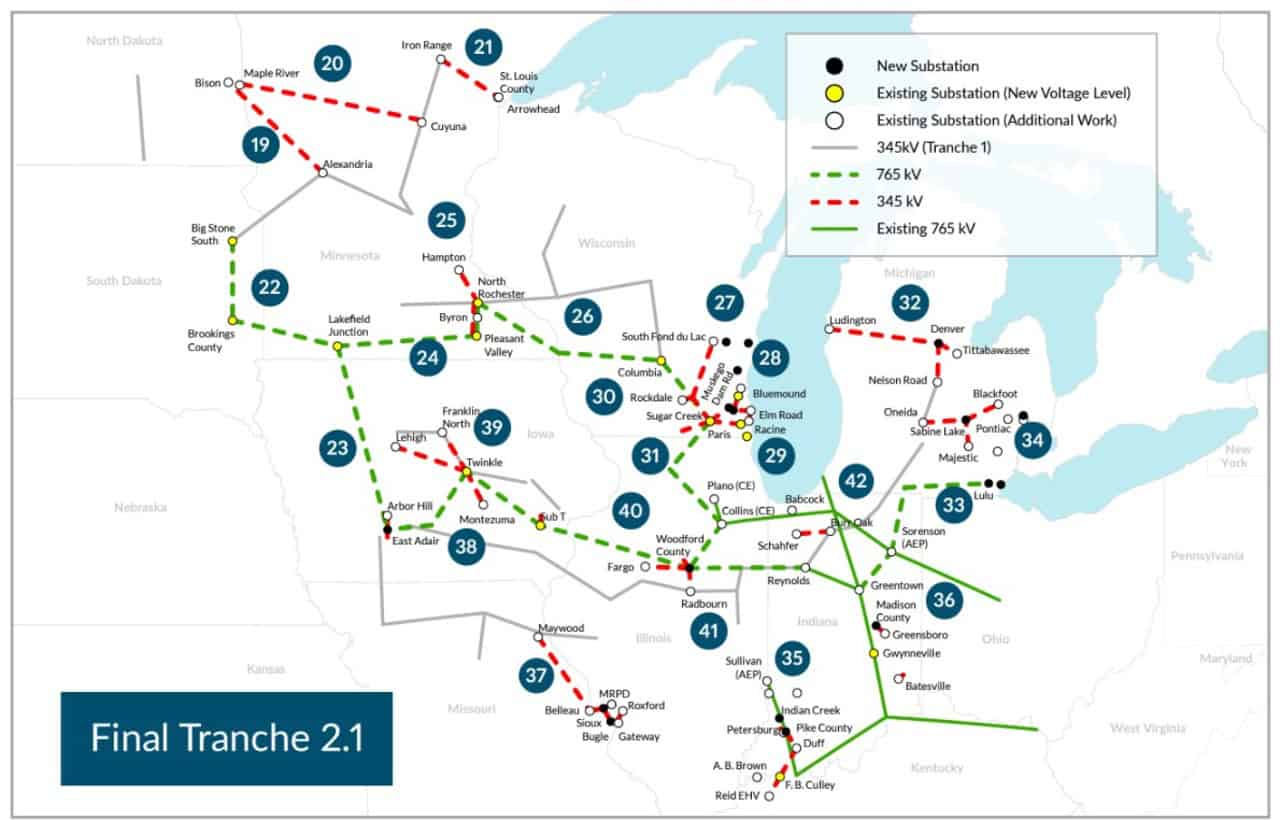LANSING – The sudden
momentum for the Michigan House to pass a revised plan to raise $1.2 billion
for roads, half through new revenue, half through cutting spending from other
programs, has spurred optimism the Republican-led House could pass the plan
this week, but it also appears certain Republicans will have to scrounge up
some votes from Democrats to pass it.
Based on interviews
Gongwer News Service conducted with several House Republicans and others
following the issue, the new House Republican plan is anywhere from five to 10
votes short of the 55 votes needed for passage if only counting votes on the
Republican side of the aisle. So House Republicans will need to find that many
Democrats to make up the difference.
House Republicans have
received a general outline of the plan for new revenue. It includes, at this
point, a gasoline tax increase equivalent to five cents per gallon, ending the
depreciation of vehicle registration fees in the first three years of owning a
new vehicle, a new fee for electric and hybrid vehicles and bringing the diesel
tax up to the same level as the gasoline tax.
However, several Republicans
said the plan is still fluid and subject to change.
Tuesday, when the House
returns to session for the first time in weeks, will see House Democrats and
Republicans hold respective caucus meetings to discuss the latest.Governor Rick Snyderand the
Legislative Quadrant also are expected to meet.
As of now, overtures
from House Republicans to Democrats are occurring on a legislator-by-legislator
basis, not through House Minority Leader Tim Greimel(D-Auburn
Hills).
When the House passed an
increase in the diesel tax (HB 4614 and HB 4615 ) in June, it did so mostly with Republican
votes, so holding together most of that support for the new plan is critical.
Two of those yes votes
signaled some discomfort Monday with the revised plan, although both said they
needed to see all the details before deciding how they would vote.
Rep. Ray Franz(R-Onekama) said he
can support most of the plan: the vehicle registration fee depreciation and the
hybrid/electric vehicle fee.
“The gas tax is
going to be very difficult for me to deal with,” he said.
There are many
questions, Franz said. Among them, if the plan is to convert the tax to a
percentage of the wholesale price from the current fixed 19 cents per gallon,
what kind of parameters, if any, would be included on how much the tax could
rise or fall each year.
Rep. Roger Victory(R-Georgetown
Township), another yes vote on the initial House plan, sounded a similar theme.
He said he is not troubled by ending the depreciation on vehicle registration
fees, but a gas tax hike raises concerns. Victory said he is “keeping my
powder dry” on the issue but has worries about how a gasoline tax increase
will affect gas stations in border counties.
“I’m a little more
hesitant on the gas tax component, which is a funding mechanism that has been
failing us currently,” he said.
Rep. Earl Poleski(R-Jackson),
another yes vote from the earlier plan, said he would be willing to go as high
as a 15 cents per gallon gasoline tax increase because it would bring the levy
up to where it would have been had the tax been adjust in 1997 at the time of
the last increase to reflect inflation.
Of the plan being floated
now, Poleski said: “If that’s what we can get done, great. But we’ve got
to get something done.”
Poleski said he senses
other members listening to arguments for the new proposal.
“I think they
realize there’s an urgency and I do hope we can move this along rapidly,”
he said.
The Republican no votes
on the earlier plan all seem solid.Rep. Peter Lucido(R-Shelby Township)
andRep. Jim Runestad(R-White Lake) said
they would vote no whileRep. Lana Theis(R-Brighton) said the
plan is problematic, reserving judgment until seeing all details.Rep. Todd Courser(R-Silverwood),Rep. Cindy Gamrat(R-Plainwell) andRep. Gary Glenn(R-Midland) also are
expected to vote no.Rep. Thomas Hooker(R-Wyoming)
signaled he would vote no.
“Just from what
I’ve seen, I can’t go for any of these increases that I’ve heard about,” Runestad
said.
The overwhelming view
among these Republicans is that the public wants the state to focus existing
revenues on the roads problem.
“The roads should
be one of our highest priorities right now,” Theis said.
HouseSpeaker Kevin Cotter(R-Mount
Pleasant) and Greimel were expected to speak sometime Monday.
Democratic sources,
speaking on background, said House Republicans appeared to be targeting Detroit
Democrats to win their votes. But those same sources also were confident that
individual members would not cut their own deals and would instead hold fast to
the same priorities the House Democratic Caucus has emphasized.
Spokespersons for Cotter
and Greimel said Monday only that conversations would take place this week.
But Lance Binoniemi of
the Michigan Infrastructure and Transportation Association said there are
reasons for optimism.
“The speaker has
really said the right things to us of his desire to get this done,” he
said. “The timing is pretty good. You get away from Proposal 1. You get
some good polling data that shows people are willing to pay more, but Proposal
1 wasn’t the solution they want to see.”
This story was published by Gongwer News Service. To
subscribe, click on www.gongwer.com






